
The ultimate Digital Nomad Checklist
Are you planning on becoming a digital nomad and leaving your home country for good to travel to remote work in the most exciting locations of this world? Check out this Nomad Checklist before you set off.
It is an exciting vagabondish kind of lifestyle, the life of a digital nomad. The preparations to start one are very similar for those moving abroad, emigrating to a new country.
It is very easy to lose yourself in the complexity of this process.
To make it more manageable I have come up with the ultimate Digital Nomad Checklist.
It will help you set off for your new adventure and will break down all the massive preparations in easy to handle tasks.
The list will help you with all you need to think about before setting off to a new lifestyle and prepare well for your travels and your home-free life.
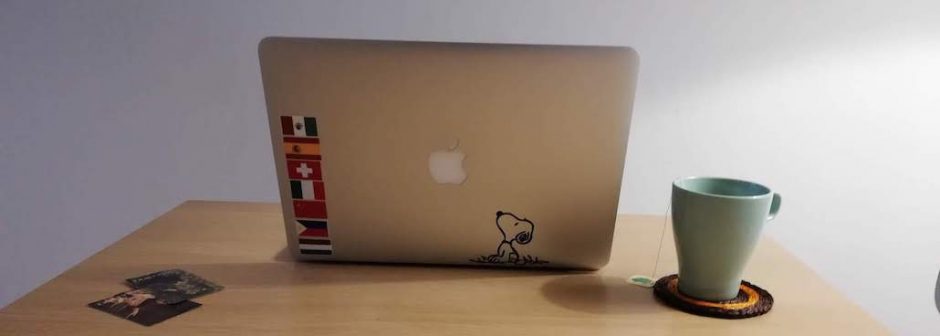
Make sure you have good equipment.
For a nomad, your office is your gear. It needs to travel with you and needs to be reliable.
Make sure you replace old equipment and have a good office bag with all the technical stuff you need for work. Usually, this will be a laptop, phone, power-bank back-up disk, extension cord, and maybe your camera and all the chargers.
If possible keep them in a separate bag from your clothes and keep the bag always close to you. It travels with you in the plane cabin, on the bus above your head, or in the seat next to you. You can also store your wallet and passport in this bag. So all valuables are always with you when you travel.
be aware that buying new equipment in a foreign country may come with annoying stuff like:
- a foreign keypad on the laptop
- unavailability
- limited choice
- high shipping costs
So be wise and take as good as new stuff with you when you set off for your journey. Do not be stingy on your office equipment.
Have a good phone with lots of apps that can help you contact clients and search for projects even from your phone.
Have a great cloud place, with lots of gigabytes available, for document storage and access for both you and clients. (public files or shared folders)
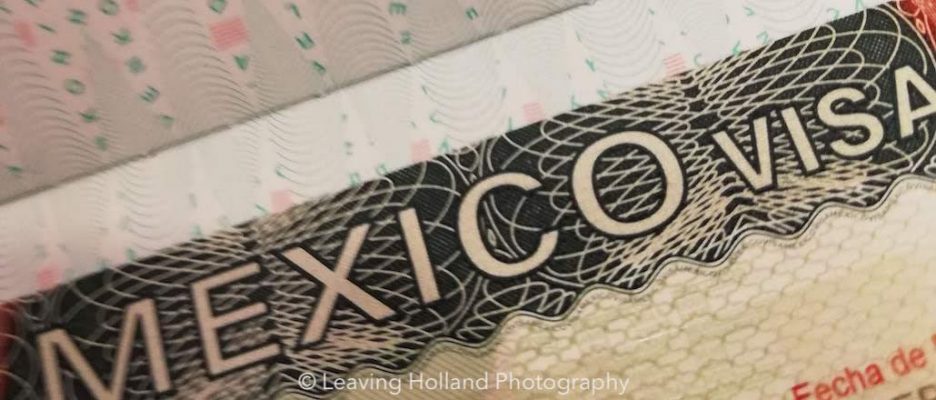
Research rules for your next destination
Every country has its own immigration rules and rules for working in a country.
And some countries even have special visas for Digital Nomads.
make sure you know everything about
- vaccines
- visas and permits
- restrictions for taxes
- import taxes on high-value items
- insurance
- income taxes and other tax rules
Make sure you know how to fill out the immigration form if you have to, so you won’t break any rules while working remotely when working remotely in a country. This is especially necessary when you want to extend a visa. We nomads always travel and visit for pleasure but we always work.
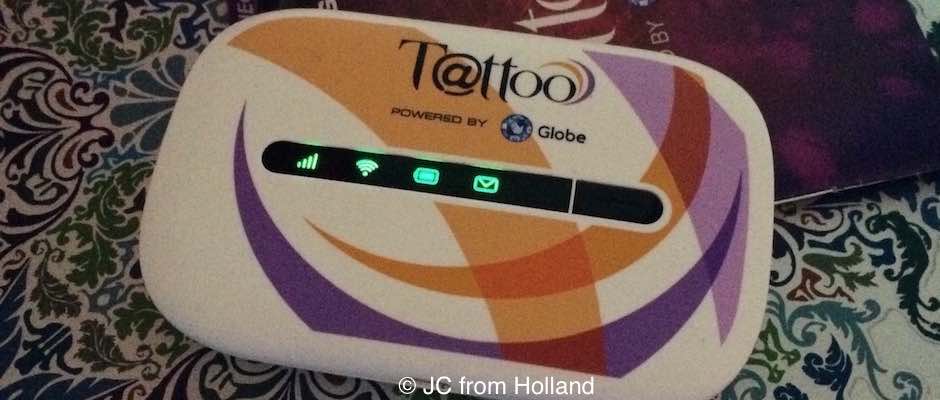
Research internet availability for your next destination
Is the internet good enough for the work you do online? And what do you need to get access to that internet? Do you need to buy a local hotspot? can you use your phone with a local sim?
How do other nomads work in that destination?
Without fast but more important reliable internet your business and income are in danger. You need to meet deadlines or be able to contact clients. Maybe down and upload some stuff.
Make sure you have a good idea of the internet available, where ever you go.
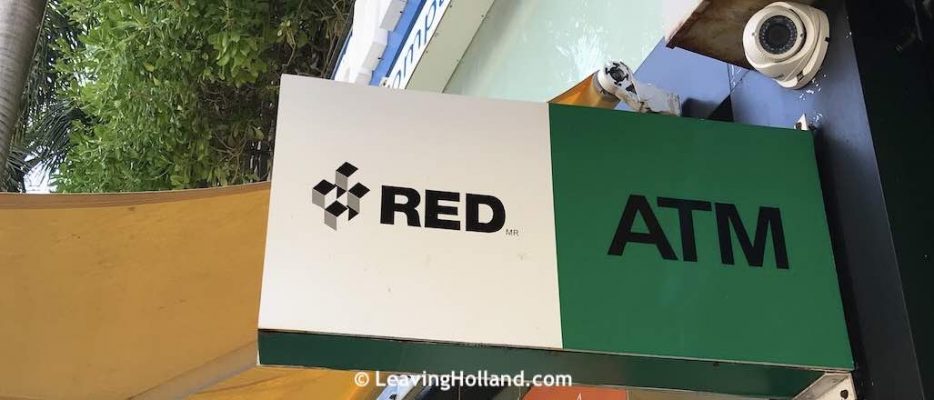
Think about your finances
As a nomad, it is clear how you are going to support yourself. You are going to work from hilltops, beaches, and coffeehouses. But you have to think about how the cost of living on your travel destinations compares to where you live now.
Do you make enough money on the current projects you work on to pay for your travel and stay?
Check the following before heading for the horizon:
1. Check the daily prices for food, rent, and the internet, and of everything else you need to pay for. Do not forget your laundry-money for example.
2. How are you going to pay for
- travel, boat, bus, plane
- visa extensions or new visas
- healthcare
3. Will you be able to save money, so when in the future jobs are slow you have some back-up finances.
4. And maybe it is far in the future, but how about your pension? Will you save up for that, or does your country have an overseas plan for emigrants?
5. When living abroad you deal with a lot of currencies. A financial app to keep track of income and outgoing funds is handy.
6. Make sure your bank cards are set internationally and you can use them anywhere in the world.
7. Apply for an internationally well-accepted credit card if you do not have one.
8. And how are you going to receive payments from customers?

Health Care
- Are you on any medication? Will that medication is available in the countries you will visit?
- Do you need any medical attention on a regular base? How is healthcare in the countries you travel through?
- What provisions does your current country have for expats and can you continue your healthcare insurance overseas?
- Or do you have enough money to take the risk and pay for your healthcare yourself because the countries you will be visiting have very affordable healthcare?
- What happens to your income when you cannot work anymore due to an accident or sickness?
- Can you apply for local healthcare? This might be possible in countries where you tend to stay longer, depending on your type of visa.

Preparing to move
When you have your own home you have a lot of spare money tucked away in your home. You can sell the house and the furniture and pay off the mortgage if there is any and use all the leftover money for your travels. Or you can rent out the house and create a solid income stream while traveling the world.
Do check
- if your mortgage allows you to rent the house to a third party
- how this will influence your Tax situation when working worldwide and having income in your home country.
When you are selling all you own, you make a list of every item you want to sell, set a price, and put it on a digital marketplace. Or you can have a yard sale.
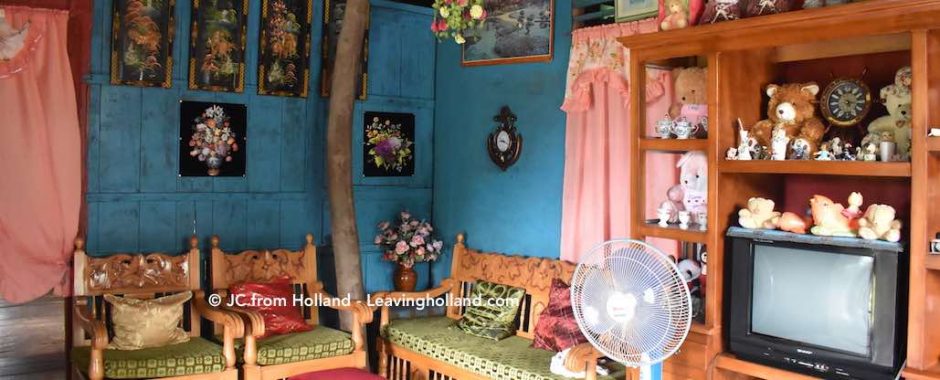
Prepare your documents
Make sure to renew your passport and request copies of official documents you might need abroad.
Do this in time, for sometimes it may take some time for you to receive them
Documents that you need or might be handy to have with you are:
- passport
- birth certificate
- vaccination records
- medical records when you use medication or have an illness
- drivers licence
- insurance policies
- academic records and diplomas
- pre-approved visa
- your international drivers’ license (if you decide to apply for one)
Now some of those you can do with digital scans and save them for example in the cloud. Or on your back-up disk. No need to carry your diplomas around all the time. And insurance policies are probably just a link to a website where you can log in.
Make sure you can access websites that are important and keep the passcodes and links in some reference sheet or note on your phone and laptop.
Be aware to never change the location of your Apple account. The moment you change the location all your purchases will be lost.
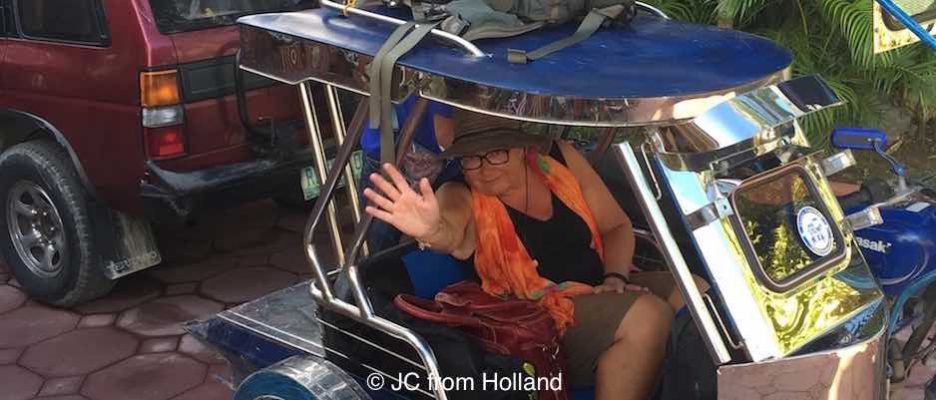
Almost there! But do not forget this!
Things you have to do before finalizing your stay in your home country, 8 more tips!
Things you have to do before departure:
1. Make travel reservations, book tickets, book a hotel/hostel or Airbnb. The earlier you book your tickets, the more affordable it will be.
2. Get your visa application and paperwork in order.
3. Make sure you’ve sold everything that has any value to add money to your budget. a
4. End the lease on the house, the utilities, and all that you need to end before departure.
5. Cancel subscriptions and end memberships.
6. Have you ended all paper mail and switched to digital mail? You can also have a temporary mail forwarding address to a friend or relative.
7. Organise your bank account and credit cards and online payment methods.
8. Notify your bank that you will be traveling a lot and that money may be withdrawn from different locations. This way you avoid your cards from being blocked out of precaution.
Pack your bags and go!


2 reacties
Jeanette
Like everywhere in the world all banks ask a fee. And on an FMM (tourist visa) it is very difficult to open an account. There is plenty of bureaucracy here, so I have no idea what you mean with “Less bureaucracy” but I am glad to hear you had a good time in Mexico.
You can check the article about opening a bank account here. But you can’t receive payments in Mexican bank accounts, as a tourist or temporary resident.
You cannot apply for a resident permit while being in Mexico you have to apply for that abroad, preferably in your home coutnry. Articles about that are on the website as well.
If you need more information I kindly refer you to the chat option
nomad4life
Interesting blog! Thanks for sharing! I lived in Mexico for a few months and I am planning on moving back, loved it over there. Loved the weather and how safe I felt, how free I felt. Also loved less bureaucracy for most things.
This time around I’m more prepared since I have a remote job that I can continue doing abroad. I just have to figure out how to receive payments while abroad. How easy is to set up bank accounts in Mexico in a regular tourist visa? (I will ask for Residency later on, but at first my only choice is tourist visa) Are there free bank accounts in Mexico that offer international debit or credit card? Or do all the banks charge a fee? How does that aspect works there? Do you recommend any european bank that offers international card without any monthly fee?